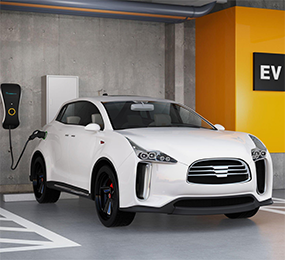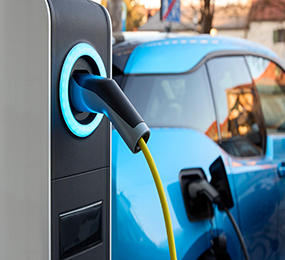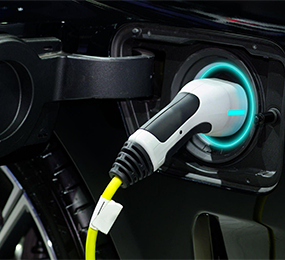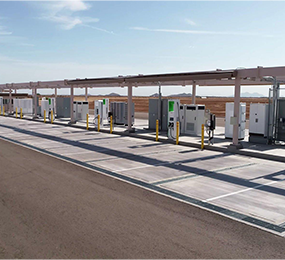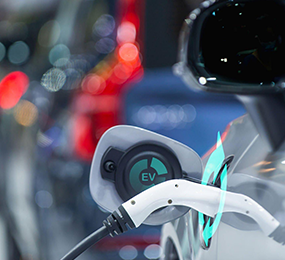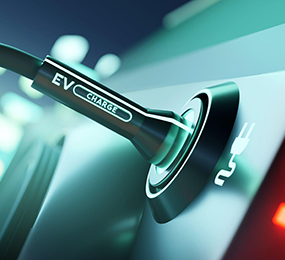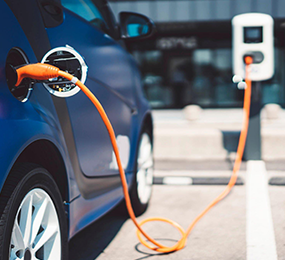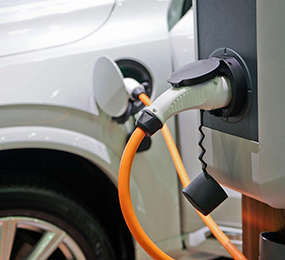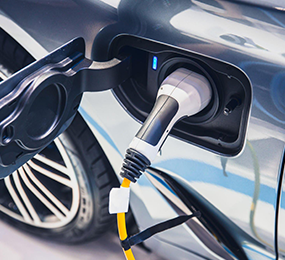Charging Infrastructure interoperability: Towards more Safety, Robustness, Availability and Accessibility
As electric cars (EVs) become more popular, drivers want consistent availability of public charging points. Individuals who are reluctant to transition to an EV frequently cite a shortage of public charging points as their top worries. One problem leads to another, emphasizing the significance of EV software compatibility.
Interoperability allows EV drivers to discover and utilize nearby charging stations independent of network provider, simplifying the user experience and alleviating worries about distance and charging availability.
A Closer Look at EV Software Interoperability
As the public demand for EV charging stations grew, many companies, including EV Connect, began offering charging stations and associated software. However, not even all EV charging points are the same: Some firms utilize closed-network software that allows only drivers with a certain app to view and utilize their stations, while EV Connect uses an open network for station compatibility. Essentially, EV Connect and other suppliers have agreed to let vehicles to utilize stations from several platforms.
Software and Hardware
Because physical charging stations connect with customers via networks, EV Connect use the company Open Charge Point Interface (OCPI). This allows EV Connect users as well as users of all other networks to locate and connect to EV Connect charging infrastructure. OCPI also enables EV Connect customers to locate and charge at stations operated by other network operators. This software compatibility ensures that charging-station hardware does not provide a barrier to EV drivers.
EV Roaming is Made Possible by Software Interoperability
Remember when traveling out of city and phone's screen would flash "roaming?" Because cellular internet infrastructure has grown, large corporations rely less on mobile roaming; yet, there was a period when carriers routinely used the towers of other companies to keep consumers connected.
EV roaming, like similar networks, effectively allows the user of certain EV charging software (such as EV Connect) to utilize other applications and facilities through their own application. This is critical for drivers, particularly when venturing outside of their comfort zone. Because distance and public charging are top priorities for users, EV roaming is an important step forward for both drivers and charging point operators.
The Advantages of EV Roaming
EV software interoperability helps all parties involved, whether it be from an environmental or an economic aspect.
Drivers of Electric Vehicles
The advantages of EV roaming for drivers are obvious: simple, dependable access to nearby charge stations, as well as the ability to utilize such stations without installing additional software. The accessibility of public charging stations is a "key factor" of owner happiness. That should be no surprise: the easier it is to discover and acquire power for EV cars, the more fun it is to drive that vehicle. While the average car drives just around 40 miles each day, drivers do not want to be constrained by EV range, emphasizing the importance of broad charging availability.
Owners of EV
Interoperability allows drivers who have never seen or used EV charging point on their network to simply discover and use it. Software interoperability implies the use and access of charging station more easily.
Electric Vehicle Fleets
The roaming afforded by software interoperability advantages fleets that use EVs. Of course, fleets will be able to locate additional charging sites. Aside from that, the option to use a single recognized network vastly simplifies billing and accounting operations. Because of EV roaming, businesses may save time and money.
Integration of EV Connect and Network of Partners
EV Connect has made an important step in expanding our consumers' charging options. This implies that EV Connect charging points will be accessible via ChargePoint's application, and EV Connect users will be able to access ChargePoint stations. Drivers will be able to not only identify the most convenient charging stations, but they'll also be capable of paying for their charge using the app to which they are already linked. Such agreements are critical for both EV firms and owners.
Visit our website to know more: https://bit.ly/3W0umUp
For more information and group participation, contact us: [email protected]
Leadvent Group - Industry Leading Events for Business Leaders!


